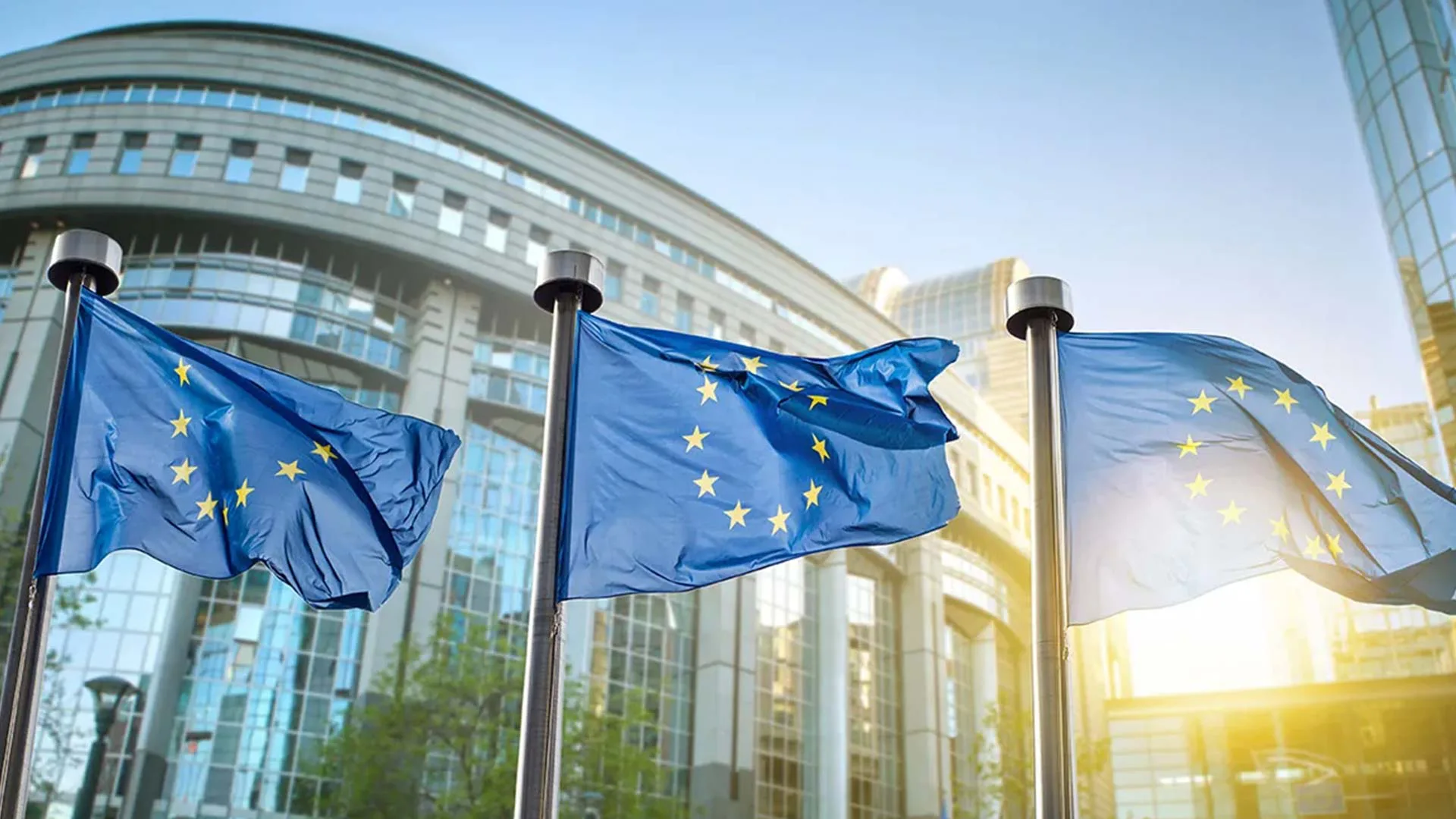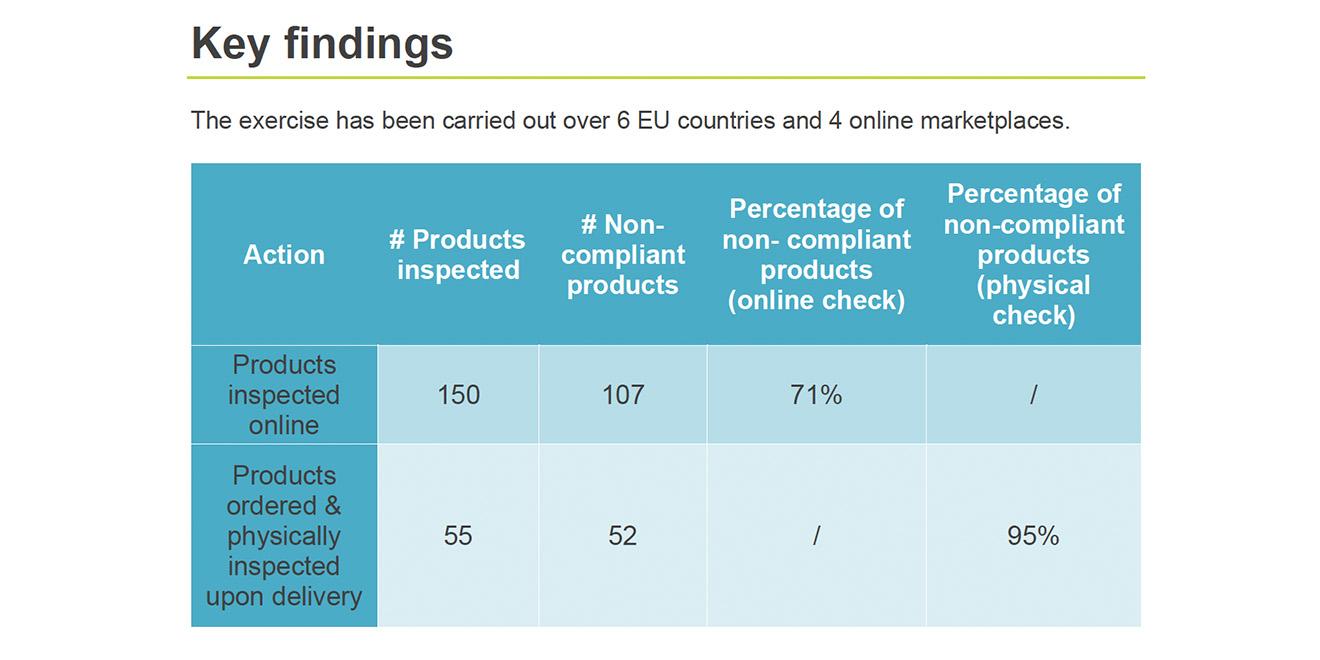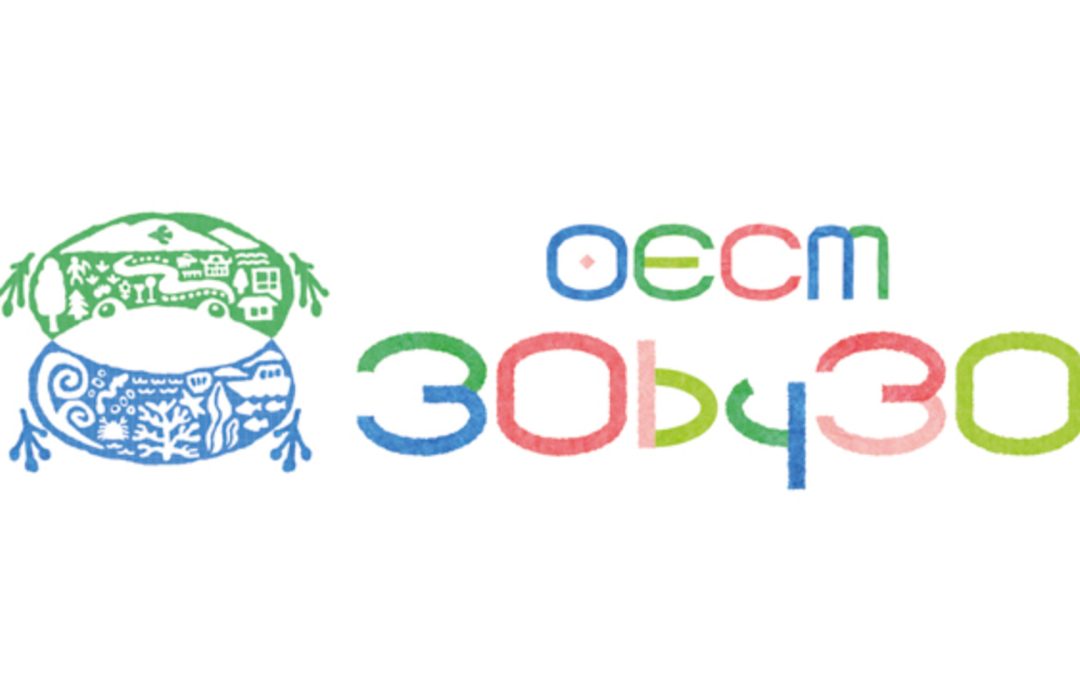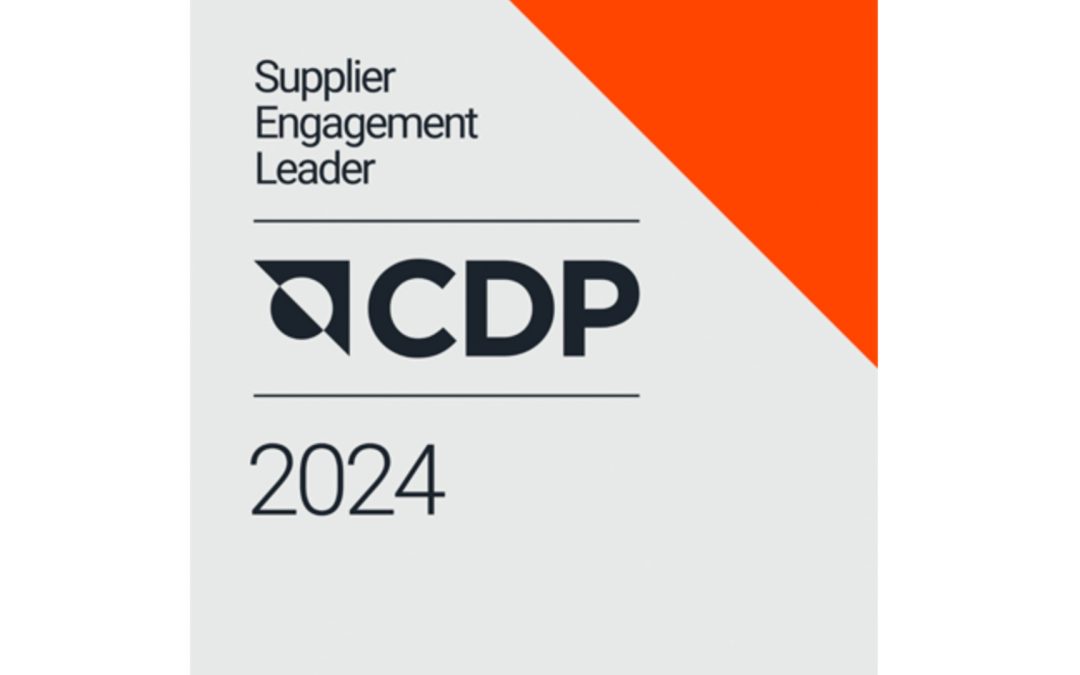European trade bodies urge the EU to address online marketplace non-compliance and green claims limitations.
Parallel to concerns over greenwashing under the Green Claims Directive (GCD), European stakeholders are intensifying calls for tighter accountability on online marketplaces, which have become significant channels for non-compliant goods bypassing EU regulations. Industry associations and consumer groups argue that the rise of e-commerce has brought a surge of unsafe, environmentally harmful products that evade EU safety and compliance standards.
The scale of non-compliance was highlighted in a recent mystery shopping survey by LightingEurope, revealing that 71% of lighting products sold online across six EU countries failed initial regulatory checks, with non-compliance rising to 95% upon physical inspection. Missing CE markings, inaccurate energy labels, and absent safety instructions were common issues. GLS (General Lighting Service) replacement lamps—standard household LED or compact fluorescent bulbs replacing traditional incandescent lights—often lacked required sustainability and disposal information, including WEEE (Waste Electrical and Electronic Equipment) markings. These deficiencies pose potential risks to consumers and disadvantage EU businesses that comply with strict standards.
Trade bodies are urging the EU to hold online platforms accountable by designating them as “economic operators,” which would make them responsible for ensuring that listed products meet EU standards if no other EU-based entity is involved. This proposal seeks to require marketplaces to verify vendor compliance, register products in Extended Producer Responsibility (EPR) schemes, and improve product traceability.
A key part of this proposed system is the Digital Product Passport (DPP). Industry stakeholders suggest that a DPP could enhance compliance by linking products to EU databases like SCIP for hazardous substances, EPREL for energy labels, and ICSMS for market surveillance. By creating a unified digital record, the DPP would facilitate real-time checks on product compliance, helping to prevent non-compliant goods from reaching consumers and enhancing transparency across the supply chain.
The case of online marketplace Temu underscores the urgency for reform. The European Commission recently opened formal proceedings against Temu under the Digital Services Act (DSA), investigating its compliance with EU standards, especially concerning non-compliant products. With more than 92 million monthly active users in Europe, Temu faces scrutiny over its systems to prevent the sale of illegal goods, including printer cartridges and other regulated items. The proceedings aim to assess if Temu is taking adequate measures to keep non-compliant products from reappearing on its platform and if it provides the necessary product information, data access for researchers, and user protections as mandated by the DSA.
Temu’s situation illustrates the broader issue: while online sales are booming, major platforms are often ill-equipped or unwilling to enforce EU regulatory standards. By instituting the DPP and tightening marketplace accountability, the EU could create a fairer landscape for compliant businesses while protecting consumers from unsafe products.
Simultaneously, European industry groups are calling for revisions to the GCD, which would ban green claims on products containing hazardous substances. Organisations like A.I.S.E., CosmeticsEurope, and APPLiA support efforts to combat misleading “green” claims but warn that the GCD’s current wording could inadvertently prevent companies from promoting genuinely sustainable products. For example, natural compounds in essential oils or enzymes in detergents—while potentially hazardous in certain contexts—are often vital to a product’s sustainability profile and are managed safely under existing EU regulations like REACH and RoHS.
Both the GCD and the push for stronger marketplace regulations reflect the EU’s commitment to consumer safety and environmental goals. However, industry leaders caution that overly strict measures could stifle green innovation and limit consumer access to genuinely sustainable products.
With reforms to green claims and online marketplace compliance, supported by the DPP, the EU could strengthen transparency and product standards across the market, promoting a consumer environment that supports both trust and sustainability





















